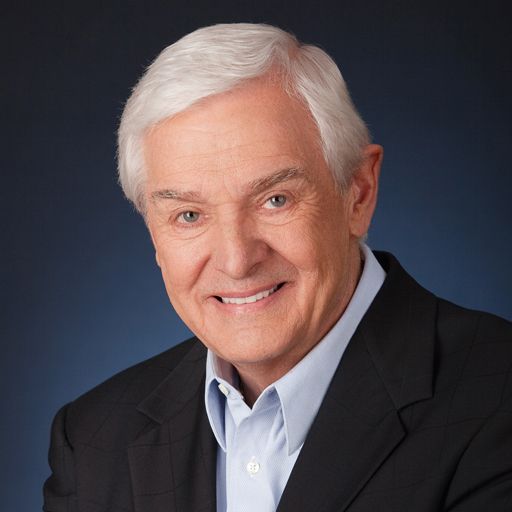In 2009, a well-known attorney in Pennsylvania pled guilty to corruption charges. All the details of his case, trial, and eventual sentencing were widely covered in the media. I am not going to mention his name or cite the sources online where you can read about his crime because it is not my purpose to focus on his failure. What I want to do is highlight portions of a letter he submitted to the judge just prior to his sentencing:
“Your Honor, I take full responsibility for my actions and inactions. When I [got involved with the other guilty parties] I knew instantly that was wrong. I had the responsibility to say no and not to assist them in any way . . . I knew better and I lacked the courage to say no. . . . I had the responsibility to refuse them. . .. I had the ability to do the right thing and say no. I was wrong for giving in . . .. I was also wrong not to report this to the authorities . . .. I was both scared and selfish and I will forever regret that decision.
Thank you. Respectfully submitted, [Name].”[1]
These are just some of the penitent words in his letter to the judge. Again—I am making no judgment as to whether the accused genuinely meant what he said or not. But it is worth noting that he chose not to solicit letters from community leaders, friends, family, or others who might have spoken on his behalf. He chose to face the music without appearing to try to influence the judge with others’ support.
Others and Our Sin
There is a general rule that counselors use regarding the acknowledgement of sin: It needs to be confessed, and forgiveness sought as far as the circle of damage extends. If one-person sins against another, that’s a small circle of damage. But if, as in the case I just cited, a man commits sin at a public level, then confession and forgiveness must be sought as far as the sin was felt (family, workplace, community, court, and so on).
Of course, it goes without saying that every sin by an individual is first a sin against God. So even when an individual has sinful thoughts or activities that involve no other human being, he still must own his sin before God. That’s why King David, in his psalm of confession for the sins of murder, deceit, and adultery, said to God, “Against You, You only, have I sinned, and done this evil in Your sight” (Psalm 51:4).
Obviously, David didn’t mean that he hadn’t sinned against other people by saying to God, “Against You, You only, have I sinned.” David was responsible for the death of one of his trusted officers and committed adultery with that man’s wife. He couldn’t make things right with the dead man, but we have to assume that he owned his sin before the man’s wife given the context (2 Samuel 12). What David meant by “only” was “ultimately.” Every sin on earth is first and finally a sin against God in heaven. The effect of our sin is like the ripples spreading out across the surface of a peaceful pool. Once we toss the pebble, we must follow the ripples as far as they go and make things right.
Owning Our Sin
There is no more contrite record of confession in the Bible than that of King David following the revelation of his sins in Psalm 51. The only thing he didn’t ask God to forgive him for was not coming forward on his own to confess his sins. It was only after Nathan the prophet confronted David, nearly a year after his sins, that David confessed (2 Samuel 12:1-14).
He confesses not as the King of Israel who might have made excuses or asked for allowances, but as a guilty sinner who was finally willing to own his sin.
Overcoming Our Sin
Only sin that is owned can be overcome. Sometimes the consequence for the sin cannot be reversed. We have all learned that grievous lesson. But to the extent that relationships can be repaired, reparations made, and reconciliation enjoyed, owning and overcoming are prerequisites. Make the decision to be responsible—and to have victory over your sin!
###
David Jeremiah is the founder and host of Turning Point for God, and serves as
Senior Pastor of Shadow Mountain Community Church in El Cajon, California.
For more information about Turning Point, go to www.DavidJeremiah.org.






